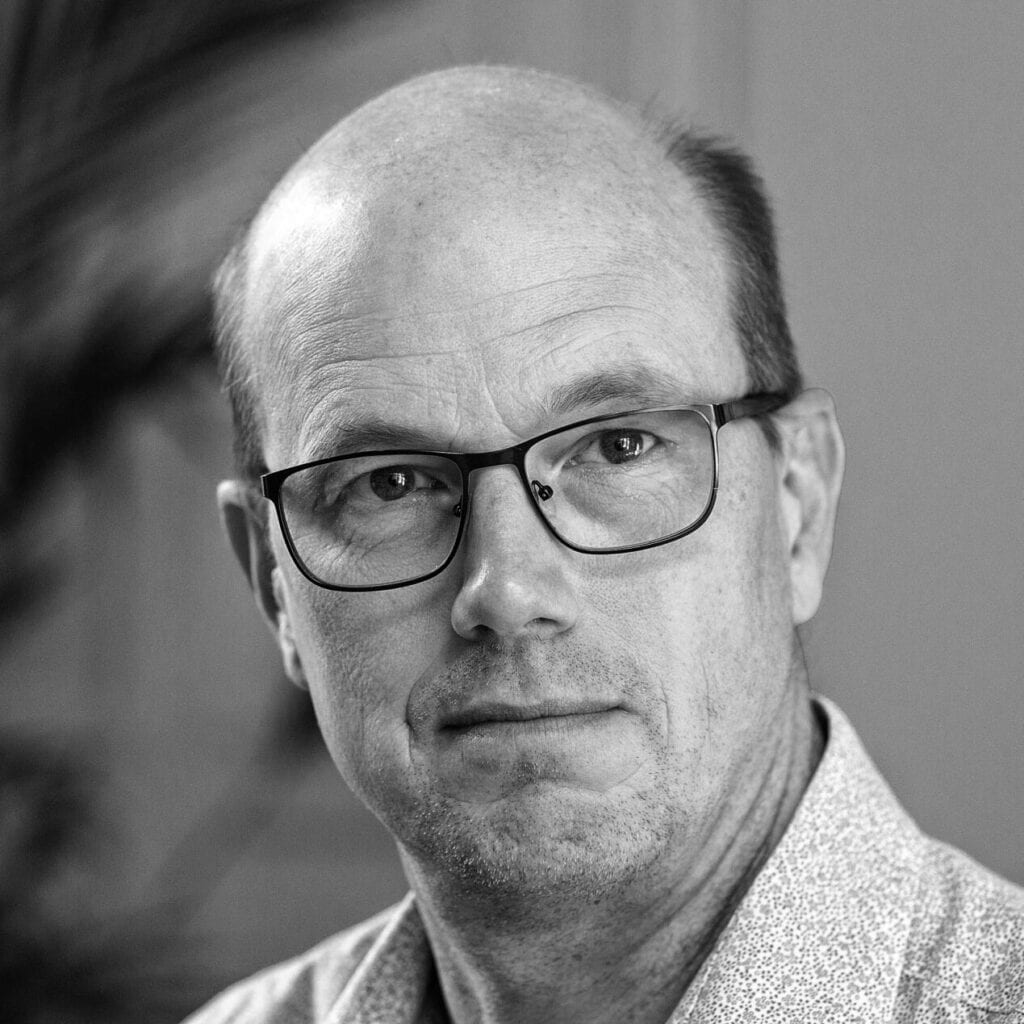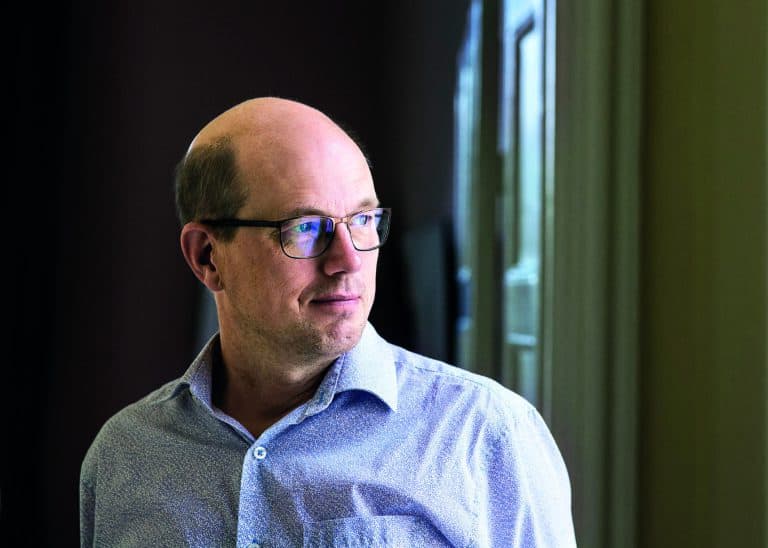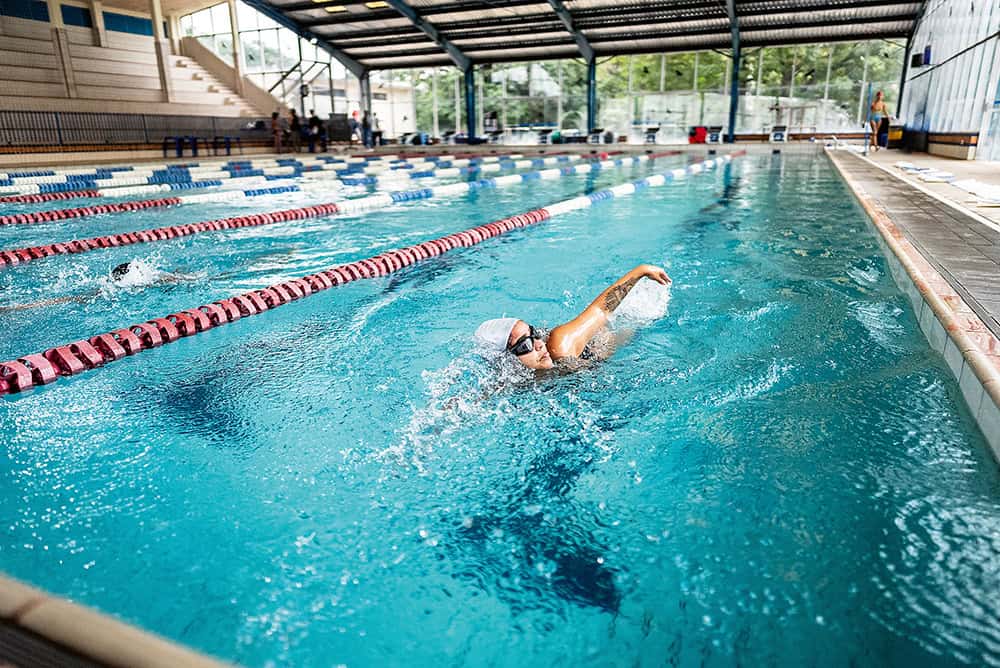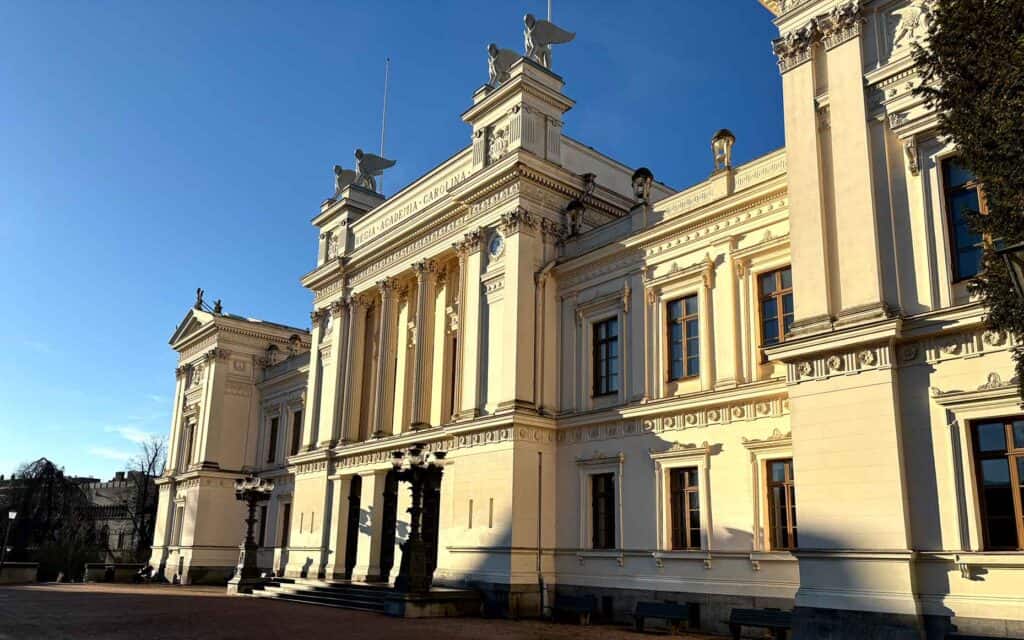Although Saco-S and the Swedish Agency for Government Employers long ago signed an agreement that runs without an end date, they negotiated with the target date of 30 September in mind. This is because the agreement for Seko and OFR/S, P, O, the other union negotiation organisations that represent state-sector employees, expired on that date.
The parties exchanged demands before the summer, and recently put pen to paper on a new central collective agreement. One change in the new agreement is that the provisions regarding working hours for teachers and doctoral candidates have been updated.
Doctoral students given annual working time
Like teachers, doctoral candidates will now have annual working time and plan their teaching in the same way as teachers do, unless otherwise stipulated in a local agreement. The agreement also contains provisions intended to clarify that local working time agreements are to be based on the requirements on higher education institutions that are contained in the Higher Education Act. These include the obligation to take third stream and public engagement activities into account, links between teaching and research and the need for education to have a scientific basis.

Robert Andersson
SULF's head of negotiations and Saco-S vice chair
“The law exists and the higher education institutions need to obey it,” says SULF’s head of negotiations and Saco-S vice chair Robert Andersson, “but it refers to them as institutions and not to us as parties to the collective agreement. Now that we have integrated this into the collective agreement, we think that when local agreements are adjusted for any reason, it will be clear that these matters must be taken into account.”
Thorny issue
The issue of third stream activities has been a thorny one for SULF to deal with, he continues. “It’s a requirement on higher education institutions that takes something of a back seat to education and research. The problem is that there may not be any specific funding for such activities. Nor are they always tasks that are valued particularly highly, either when setting salaries or building a career.”
“If you want researchers to participate in third stream and public engagement activities, they need to be valued more highly.”
Robert Andersson
Andersson explains that the idea of the clearer agreement provisions regarding this issue is to increase the status of such activities. “If you want researchers to participate in third stream and public engagement activities, they need to be valued more highly. Now, third stream activities are included in the collective agreement, so they are more visible. We may not have added anything completely new regarding this issue, but we have put a spotlight on them.”
Another change that Andersson would like to highlight is that the parties have agreed on a number of new provisions regarding the consultation and cooperation procedure between employers and teachers.
“We have huge problems with work tasks being added during the year rather than any being removed, leading to disagreements about whether additional work was overtime or not.”
Robert Andersson
The basic idea is to clearly record when annual working time has been exceeded, he says. “We have huge problems with work tasks being added during the year rather than any being removed, leading to disagreements about whether additional work was overtime or not.”
When annual working time is exceeded, the employee must be paid for it, he points out. “And unless there is explicit support for doing so in a local agreement, overtime should not be transferred to another year either,” he adds.
The changes to the collective agreement apply from 1 January 2024.

















